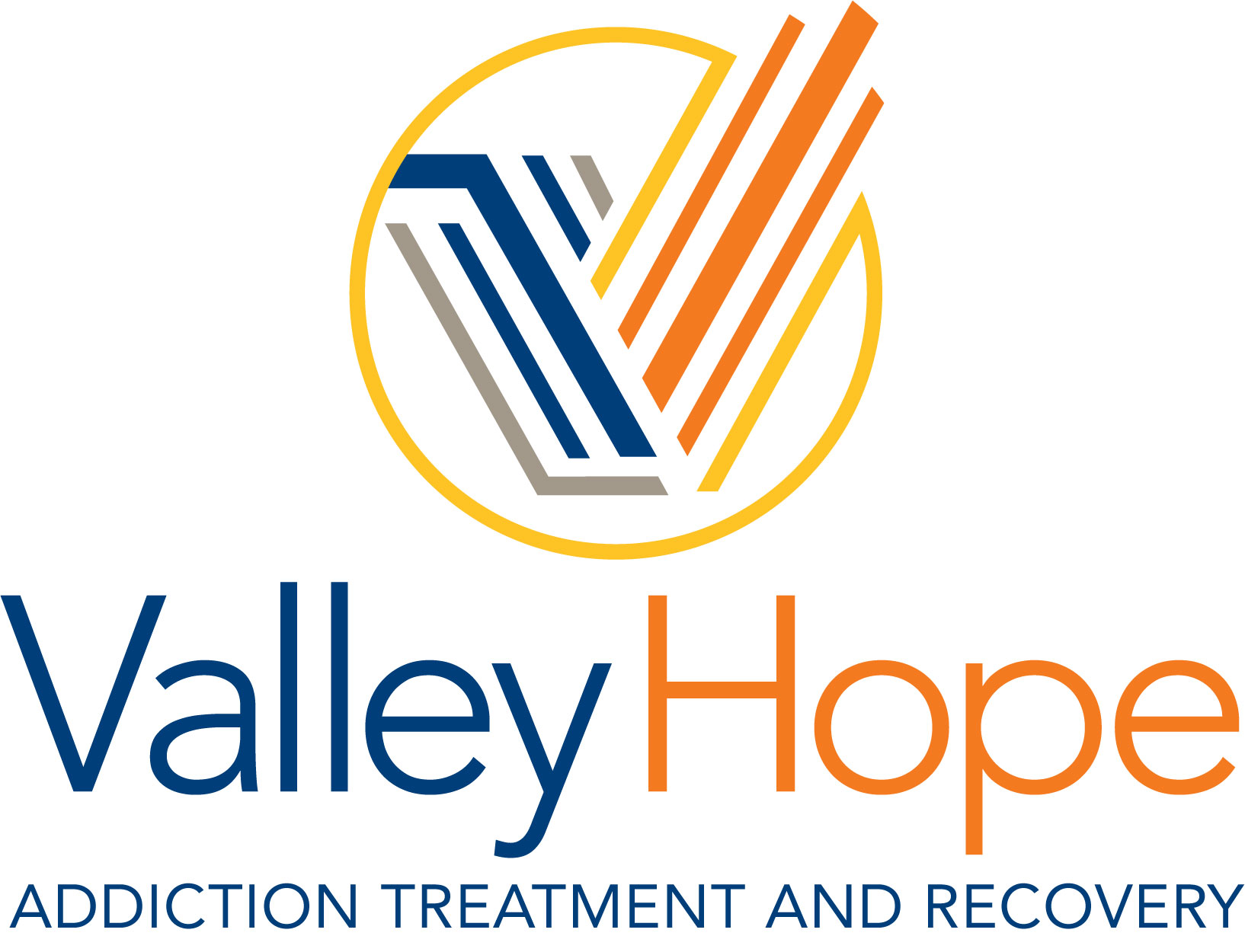Addiction withdrawal symptoms occur when you suddenly stop or reduce chronic use of drugs or alcohol. The severity of withdrawal symptoms depends on the substance and length of misuse.
Attempting drug and alcohol withdrawal without medical supervision can be dangerous, even life threatening. The safest and smartest way to experience the drug and alcohol addiction withdrawal process is to seek medication-assisted treatment that provides medically supervised detox. Detox is an important and essential first step of healing from addiction that allows you to better mentally and physically focus on your treatment for addiction.
Detoxification (detox) is the process of eliminating all traces of drugs and/or alcohol from the body, while managing the symptoms of withdrawal. Detox is an important and essential first step to sobriety, but full recovery still requires treatment for addiction.
Addiction causes you to become physically dependent on substances, making your body reliant on having drugs in your system. However, stopping substance abuse “cold turkey” without medically managed detox causes severe reactions as your body reacts to the absence of drugs or alcohol.
General Drug and Alcohol Withdrawal Symptoms
Although side effects vary based on the substance, common addiction withdrawal symptoms include:
- Sweating
- Tearing eyes
- Runny nose
- Hot and cold flushes
- Nausea
- Vomiting
- Diarrhea
- Muscle cramps
- Muscle aches
- Muscle tension
- Tremors
- Increased appetite
- Dehydration
- Increased heart rate
- Increased blood pressure
- Poor concentration and memory
- Insomnia
- Restlessness
- Irritability
- Agitation
- Anxiety
- Depression
- Hallucinations
- Delirium
- Seizures
Specific Drug and Alcohol Withdrawal Symptoms
According to the National Institute on Drug Abuse, specific substances have specific withdrawal symptoms:
Alcohol: People experiencing alcohol withdrawal often describe the experience as similar to having a bad flu, including body aches, headaches, nausea, trouble sleeping, sweating, and even hallucinations. Beyond the usual symptoms, without proper care detox from alcohol can lead to life-threatening seizures. Because of these risks, it is essential that alcohol users undergo a residential detox program such as Valley Hope, providing 24-hour therapeutic care in a safe, caring environment.
Opioids: Without proper medical detoxification and MAT therapy, opioid withdrawal can be very uncomfortable and feel like a very bad flu. Symptoms include nausea and vomiting, anxiety, insomnia, hot and cold flushes, perspiration, muscle cramps, watery discharge from eyes and nose, and diarrhea. For people addicted to opioids, MAT treatment can include medications that stimulate opioid receptors in the brain or medications that block those receptors. Drugs like heroin, fentanyl, oxycodone, and others act in the brain by stimulating opioid receptors. Over time, higher and higher doses of the opioid is needed to get the same effect. When the opioid effects wear off, you will experience withdrawal and cravings to use again and again. MAT therapy in a medical detox setting effectively manages those symptoms and cravings.
Additional specific withdrawal symptoms include:
Methamphetamine: Depression, anxiety, and excessive fatigue.
Cocaine: Depression, fatigue, appetite increase, slowed thinking or movement, or feelings of restlessness.
Heroin: Restlessness, muscle and bone pain, insomnia, diarrhea, nausea/vomiting, or hot and cold flashes with goosebumps.
Amphetamines: Depression, tiredness, sleep problems.
Regardless of the substance, detox is essential to safely manage addiction withdrawal. Symptoms vary based on several factors, including the number of substances a person is abusing. For example, an addiction to both alcohol and painkillers requires detox to safely withdrawal.
How Detox Helps Drug and Alcohol Withdrawal Symptoms
After long term, heavy use, withdrawal from drugs and alcohol can be serious and even fatal. No one with an extended history of substance abuse should attempt to stop on their own. Drug detox programs closely monitor withdrawal symptoms, prescribe medications to mitigate risks and otherwise ensure the detox process is safe and comfortable. In addition, using medication-assisted treatment (MAT) can further alleviate discomfort, prevent dangerous symptoms and help with cravings.
Typically, a medical detox experience includes a complete health assessment, including a physical and a lab profile, and around the clock monitoring throughout the withdrawal period. When necessary, MAT medications help further reduce the severity of withdrawal symptoms. Detox generally lasts just a few days under 24/7 supervision and for best outcomes, should be supervised by a medical team. When detox is complete, it is recommended that you move on to the next phase in a continuum of addiction care, typically residential treatment.
Finding Help for Drug and Alcohol Withdrawal
Making the choice to stop abusing drugs and alcohol is a lifesaving decision. However, without proper medical help, drug withdrawal can be mentally, emotionally, and physically excruciating, and even life-threatening.
Thankfully, with the right medically informed methods, you can avoid the risk and severity of addiction withdrawal symptoms. Valley Hope provides medically monitored detoxification (detox) and MAT therapies that comfortably clears the drugs and/or alcohol from your mind and body by minimizing the symptoms of withdrawal in a safe, caring and healing environment that protects your health and prepares you for successful addiction treatment. Detox is an important and essential first step of healing from addiction that allows you to better mentally and physically focus on your treatment for addiction.
Valley Hope provides patients with medically monitored detoxification that eases withdrawal in a safe, supportive environment. Detoxification usually lasts just a few days under the supervision of doctors and nurses at our residential treatment centers. Each patient undergoes a complete physical including a lab profile and monitored 24/7 throughout the withdrawal period.
When necessary, medications are used to reduce the severity of withdrawal symptoms. When detoxification is complete, patients can move on to the next phase in our continuum of care as a resident or outpatient.
Treating addiction withdrawal with medical detox is an essential step to fix a lifelong problem. Engaging in a residential or intensive outpatient treatment program is essential to treating the disease of alcoholism. While medical attention and medications may be needed to treat physical symptoms of alcohol withdrawal safely and successfully, a mix of dedicated therapies such as the evidence-based programs offered at Valley Hope are required to combat the mental and emotional symptoms and ensure long term recovery.
Valley Hope provides a full continuum of substance abuse care including online addiction treatment through 14 programs across six states including Colorado, Kansas, Missouri, Nebraska, Oklahoma and Texas. Our programs provide compassionate, evidenced-based therapies, medical detox services, residential treatment, outpatient treatment and virtual treatment programs.
If you or someone you care about is struggling with substance abuse, don’t wait to get help. Save your life today and call (800) 544-5101.





